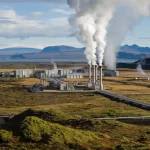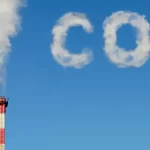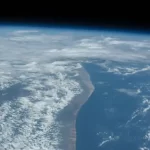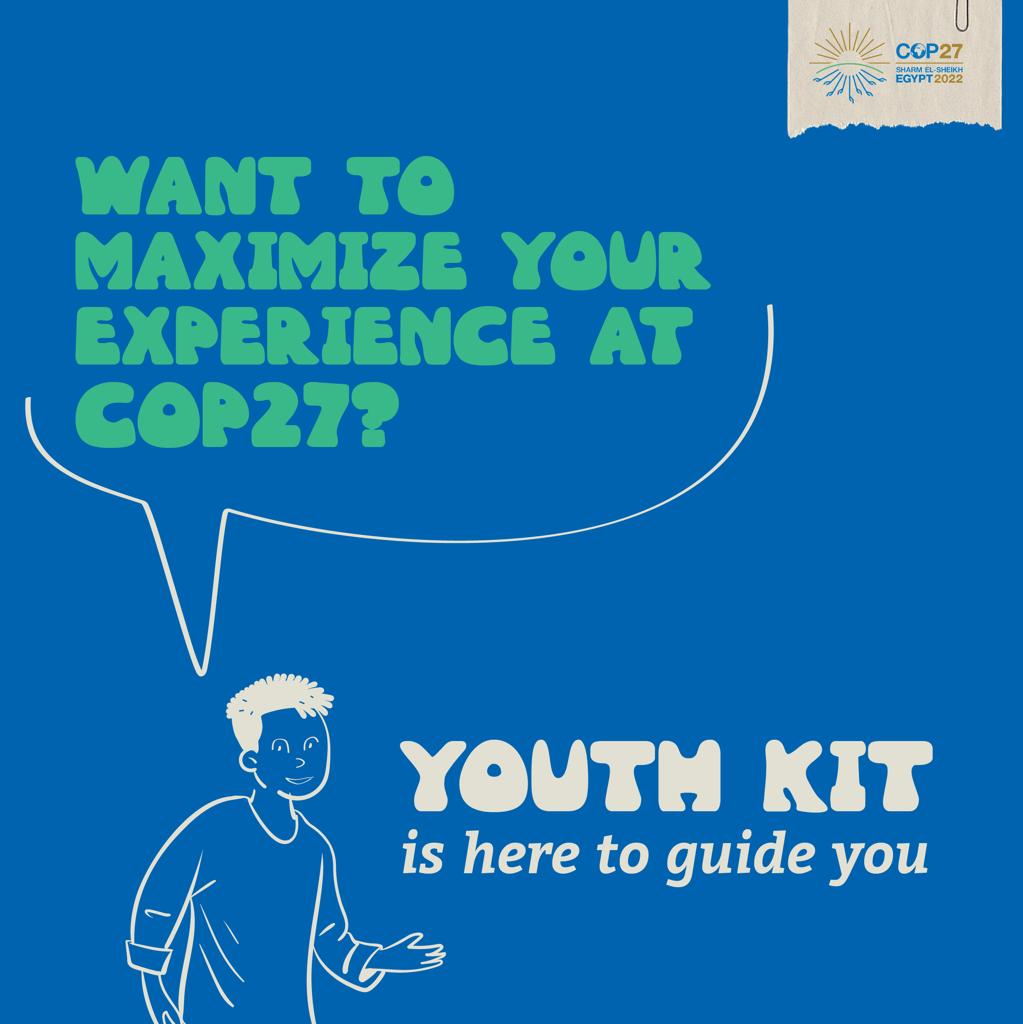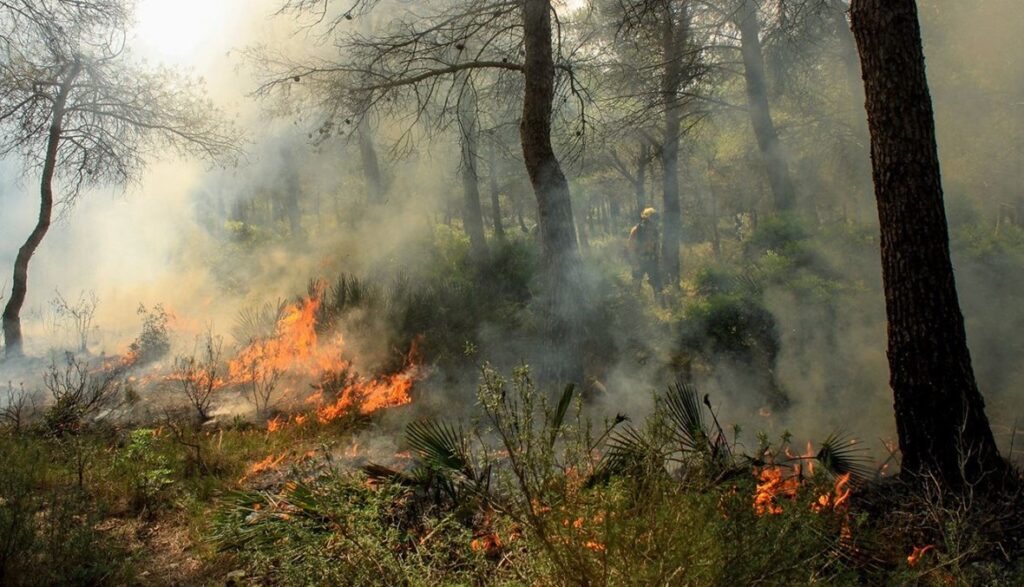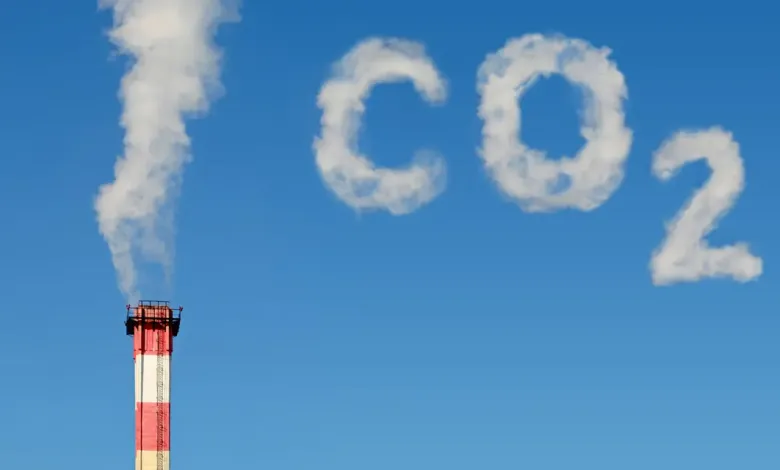The English-language newspaper, The National, monitored the most prominent environmental and scientific challenges looming on the horizon next year, with climate change – and efforts to deal with them, in the new year 2023.
New challenges facing climate change in 2023…and economic hopes pinned on COP 28
The English-language newspaper, The National, monitored the most prominent environmental and scientific challenges looming on the horizon next year, with climate change – and efforts to deal with them, in the new year 2023.
The newspaper said, Cop28 in the United Arab Emirates in November will mark a significant milestone in the fight to curb rising temperatures, while negotiations on a legally binding treaty on plastic pollution will continue.
In Brazil, the recent election of Luiz Inacio Lula da Silva has given hope that deforestation in the Amazon will slow.
Meanwhile, China, in addition to promising to tackle its air pollution, is showing signs of moving on from its controversial Covid policy, a trend that is likely to accelerate next year.
The use of mRNA (messenger ribonucleic acid) vaccines has been pivotal in the fight against Covid-19, and next year could be important in developing similar vaccines against other infectious diseases, as new clinical trials begin.
All eyes will be on Cop28 in Dubai as part of the United Nations Climate Change Conference, the first global assessment to assess progress since the Paris Agreement in 2015 will be completed.
The possibility of a divergence between countries was suggested by Michael Grubb, professor of energy and climate change at University College London. “Some will become more ambitious and enthusiastic,” said Prof Grubb. “Those who are very confident in technology and importers of fossil fuels, they will say, ‘Low carbon, we can do By doing so then reduce our dependence on the geopolitics of oil and gas. “
Others will say, “We’re too poor, we can’t manage this technology unless we’re paid,” and then there are the producers, and that’s an existential threat, but some fossil fuel exporters want to diversify their economies, it’s hard when you’re making a lot of money from fuel fossil.
A recent report from the United Nations’ World Meteorological Organization said the average temperature for this year was likely to be 1.15C above pre-industrial levels, highlighting the difficulties in limiting rises to the Paris Agreement’s target of 1.5C. percentage.
The newspaper said, Cop28 in the United Arab Emirates in November will mark a significant milestone in the fight to curb rising temperatures, while negotiations on a legally binding treaty on plastic pollution will continue.
In Brazil, the recent election of Luiz Inacio Lula da Silva has given hope that deforestation in the Amazon will slow.
Meanwhile, China, in addition to promising to tackle its air pollution, is showing signs of moving on from its controversial Covid policy, a trend that is likely to accelerate next year.
The use of mRNA (messenger ribonucleic acid) vaccines has been pivotal in the fight against Covid-19, and next year could be important in developing similar vaccines against other infectious diseases, as new clinical trials begin.
All eyes will be on Cop28 in Dubai as part of the United Nations Climate Change Conference, the first global assessment to assess progress since the Paris Agreement in 2015 will be completed.
The possibility of a divergence between countries was suggested by Michael Grubb, professor of energy and climate change at University College London. “Some will become more ambitious and enthusiastic,” said Prof Grubb. “Those who are very confident in technology and importers of fossil fuels, they will say, ‘Low carbon, we can do By doing so then reduce our dependence on the geopolitics of oil and gas. “
Others will say, “We’re too poor, we can’t manage this technology unless we’re paid,” and then there are the producers, and that’s an existential threat, but some fossil fuel exporters want to diversify their economies, it’s hard when you’re making a lot of money from fuel fossil.
A recent report from the United Nations’ World Meteorological Organization said the average temperature for this year was likely to be 1.15C above pre-industrial levels, highlighting the difficulties in limiting rises to the Paris Agreement’s target of 1.5C. percentage.


